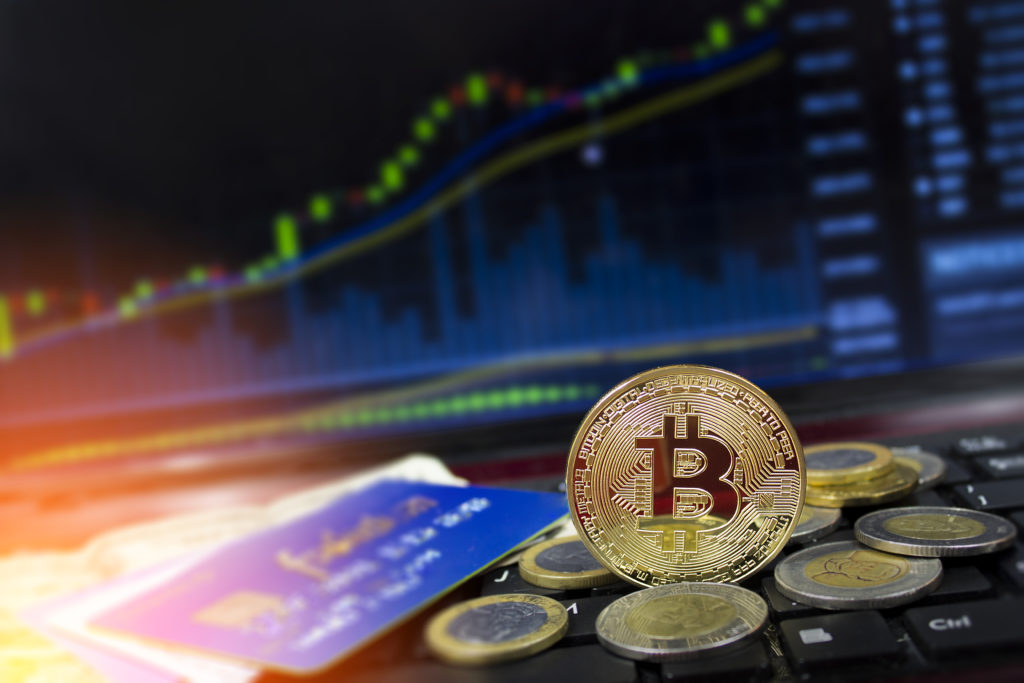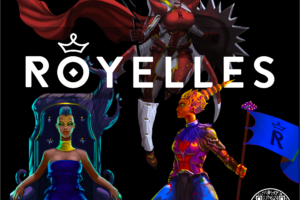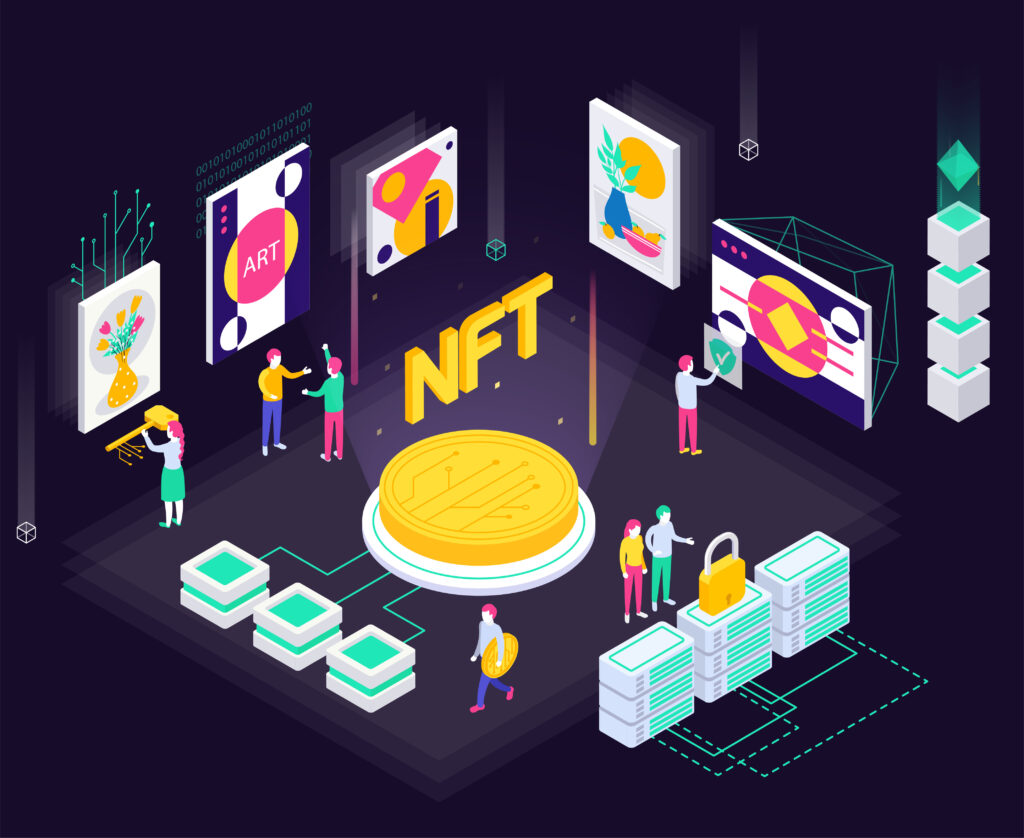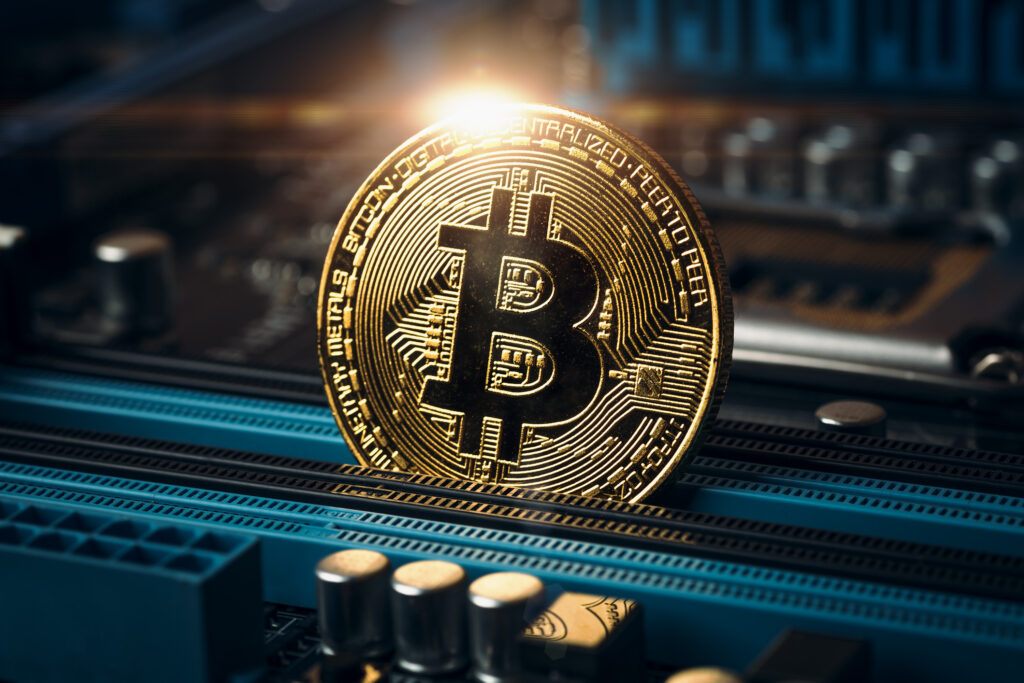
Ignorance breeds misunderstanding. And that’s been an issue with cryptocurrency since its creation. Most of the public is either unaware or only partially aware that digital currencies exist. And a slimmer number of them know why. What generally makes the headlines is the volatility of Bitcoin and Ripple and shocking hacker attacks.
People either associate cryptocurrency with making a lot of money or losing a lot of money. And there’s something just a little bit shady about a decentralized alternative currency that isn’t regulated or globally approved.
For every brilliant ICO that comes out another 50 lackluster ones spring up. According to Ethereum founder, Vitalik Buterin, 90 percent of ICOs will fail.
There are plenty of scammers out there looking to raise funds fast with no intention of following through. And now that China has gone all out and banned cryptocurrency completely, one thing is clear: Crypto has a long way to go if it’s ever going to become the new norm and be accepted around the globe.
Crack Down on Illicit Actions
In an attempt to self-regulate, the cryptocurrency world is starting to produce sites that will pre-vet ICOs and offer opinions and feedback. It’s not a hard and fast guarantee, but taking advice from trustworthy sites will help investors steer away from scam artists, or at least know what to look for when investing in cryptocurrency.
Cases of hacking will have to cease for people to start fully trusting in cryptocurrencies, and more information needs to be available. In fact, one hacker recently returned $26 million in stolen Ether, several months after his ICO theft. That’s unlikely to set a precedent for the rest of these cyber criminals, but if ICOs are required to adhere to certain professional and coding standards, they will be harder to hack.
ICOs can use safe holdings, for example, in which investments are accumulated in the accounts of investors, rather than being held in one common account that’s easy to hack into from outside.
A Rise in Regulation
It’s been the elephant in the room for some time. Everyone knows that Bitcoin, Ether and friends need regulation. Some rules and best practices need to be established to protect investors. Yet, no one is rushing to do it because of a fear of restricting crypto’s innovation and growth. But, if cryptocurrency is going to become globally accepted, it’s going to have to be subject to greater regulation.
The European Union will be holding meetings to discuss how to go about monitoring crypto, and Japan is also looking at creating a regulatory framework in order to weed out scam artists. This would apply to Japanese companies trying to raise funds through ICOs.
As token sales begin to gain in popularity within Japan, the Financial Service Agency is soon to revise its relevant laws and regulations to include ICOs, as well as revising the existing Bitcoin payment law that came out in April of 2017. In fact, Japan’s FSA is already monitoring any ICO that targets Japanese investors.
Other nations are also making moves to renew or revise their laws when it comes to ICOs. These include Austria, who recently announced their plans to create regulations specific to cryptocurrency, but using their existing rules for gold trading as a model.
The Takeaway
After the epic rise and fall of Bitcoin’s value, Ripple’s insanely volatile worth, hacking attacks and scam artists, crypto has gotten a bad name. But if digital currency is going to move forward and allow instant transactions without fees and an easier way to pay, this year, it will surely see more regulation before wide scale adoption occurs.
















Pretty nice post. I just stumbled upon your
weblog and wanted to say that I’ve truly enjoyed browsing your blog posts.
In any case I’ll be subscribing to your feed and I hope you
write again soon!
Excellent web site. A lot of useful info here.
I’m sending it to several friends ans also sharing in delicious.
And obviously, thank you to your sweat!
This excellent website certainly has all the information I needed about this subject
and didn’t know who to ask.
Howdy! I could have sworn I’ve been to this web site before but after browsing through
many of the articles I realized it’s new to me.
Anyhow, I’m certainly pleased I came across it and I’ll be bookmarking it and checking back frequently!